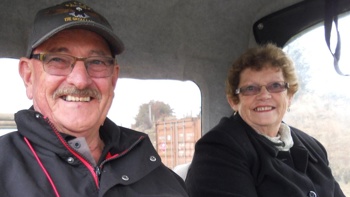A changing attitude towards transgender people may be helping to break down barriers to medical services.
Today's New Zealand Medical Journal reveals the number of people seeking advice on gender reassignment surgery in the Wellington region is up sharply since 1990.
Jem Traylen of Rainbow Wellington told Nadine Higgins overall, attitudes are slowly improving.
"It's always the fear of the minority element saying something or doing something is really what drives people to stay in the closet."
The paper is one of the first to look at how many Kiwis identify as transgender, and found 438 people had visited a Wellington clinic specialising in gender reassignment therapy between 1990 and 2016.
There had been a particular increase in recent years with 92 people making at least one visit in 2016, compared to 11 people in 2009.
This included 51 people requesting therapy to transition from male-to-female and 41 requesting female-to-male therapy in 2016 and a rise in young people visiting the clinic
The study's authors said the findings were important because, while overseas clinics had noted a marked increase in the number of people requesting gender reassignment therapy, little data had been compiled in New Zealand.
It showed the need for different medical fields and social groups to provide "holistic" and connected support services for transgender people, particularly those who are young, the authors said.
They said numerous other studies had found "transgender youth have a higher prevalence of behavioural and emotional problems, including anxiety, depression, self-harm and suicide, than is expected in the general population".
LISTEN TO JEM TRAYLEN TALK WITH NADINE HIGGINS ABOVE
- with content from NZ Newswire
Take your Radio, Podcasts and Music with you









